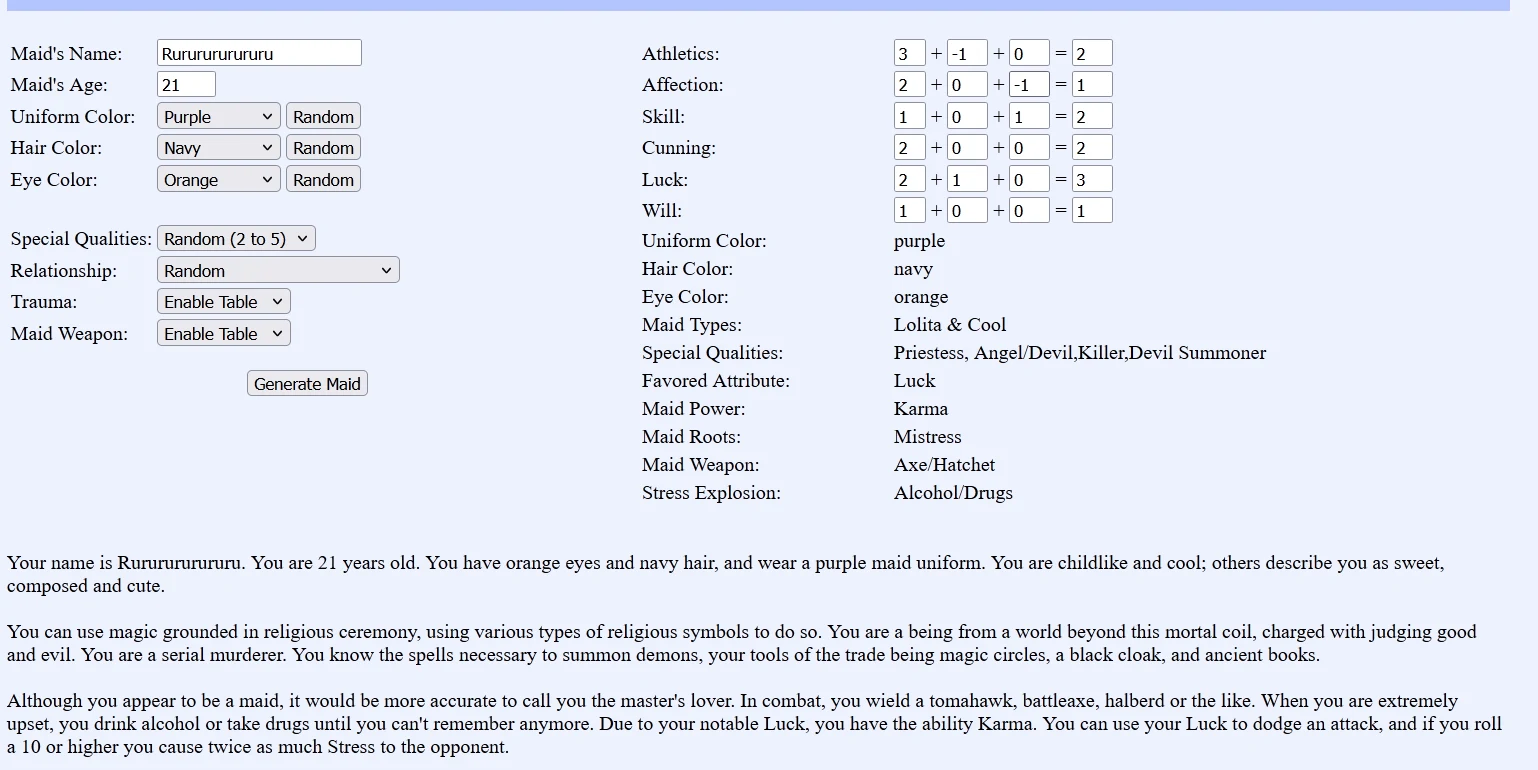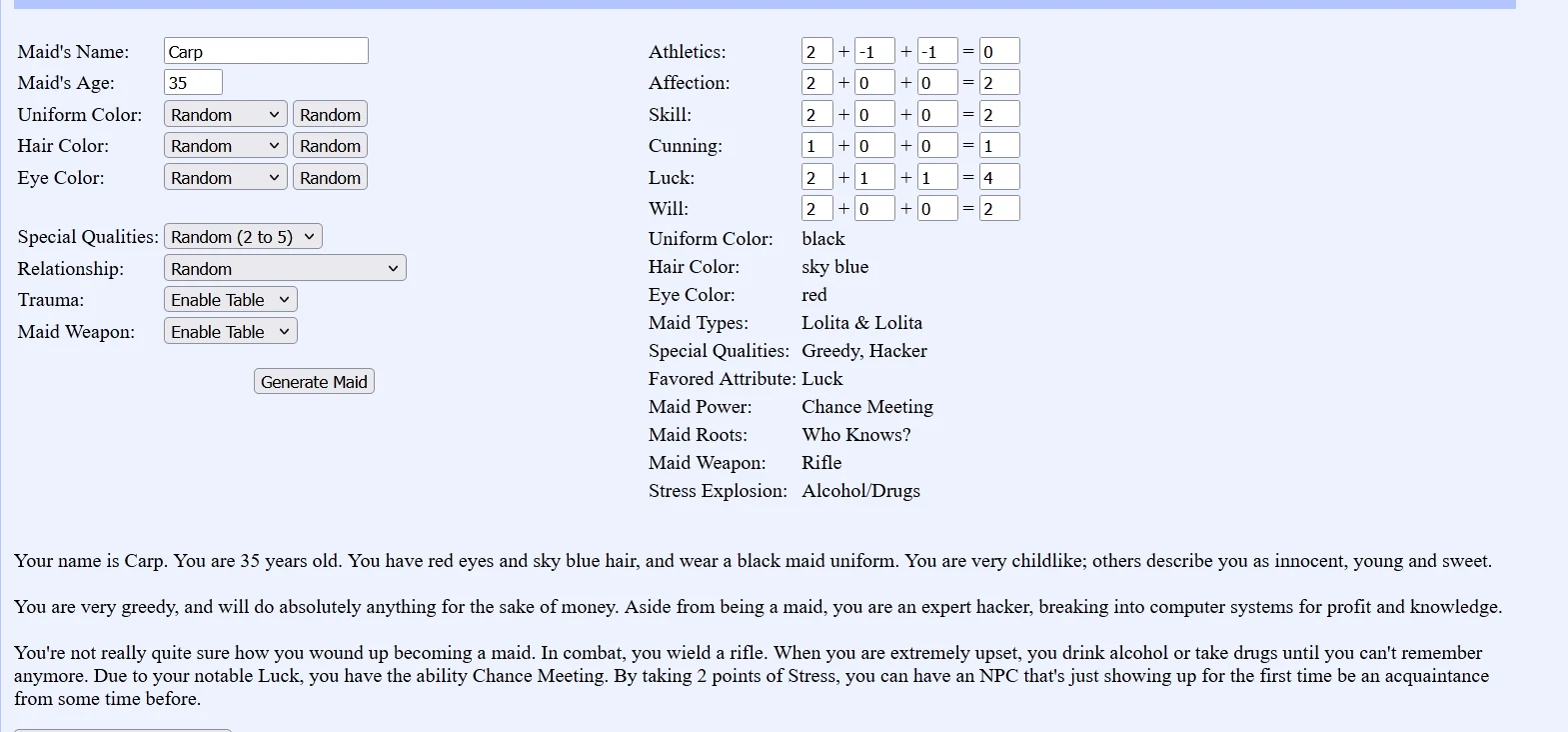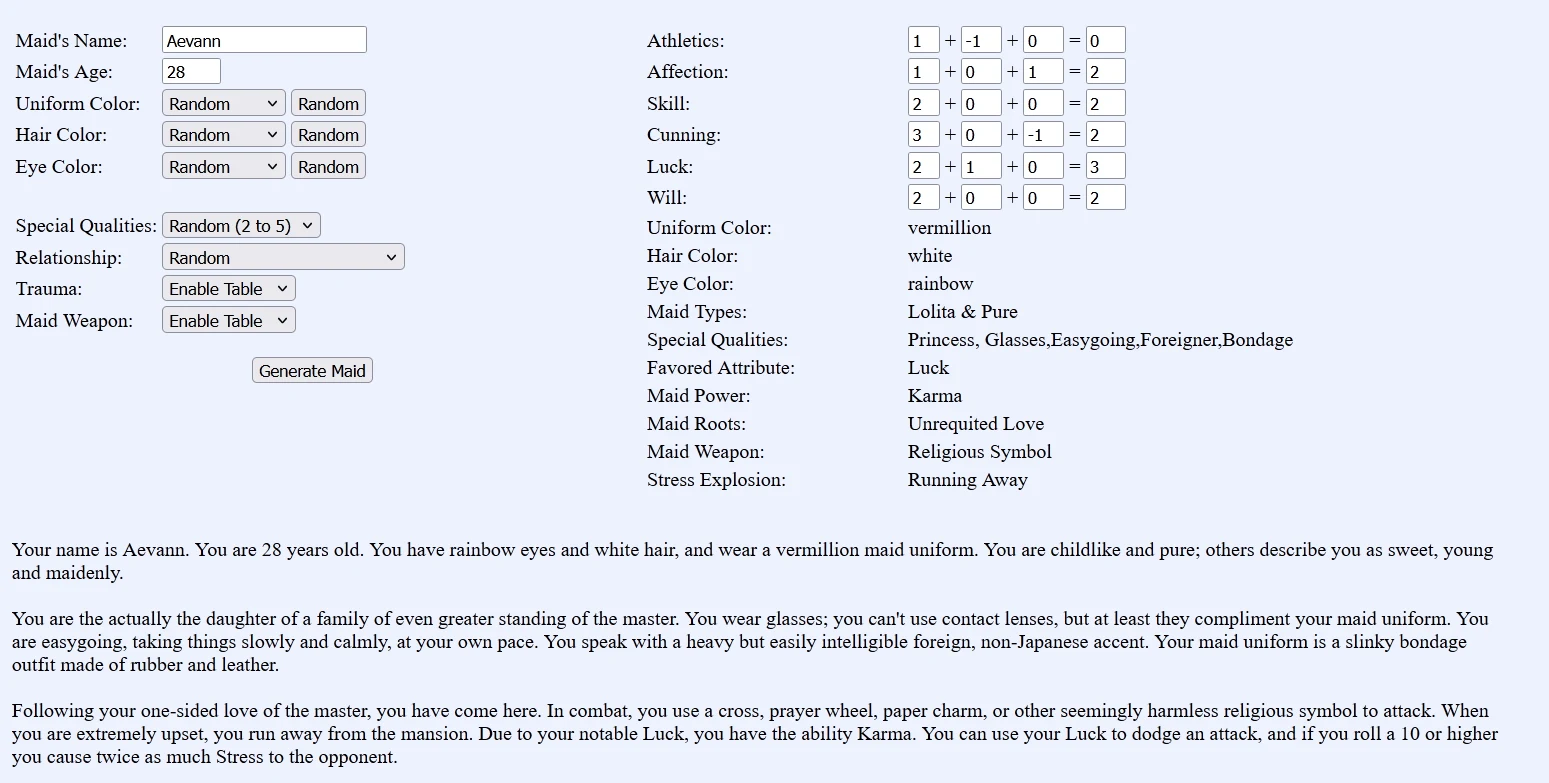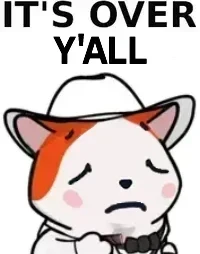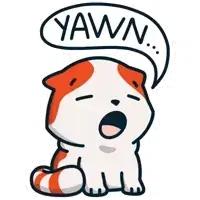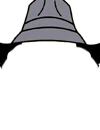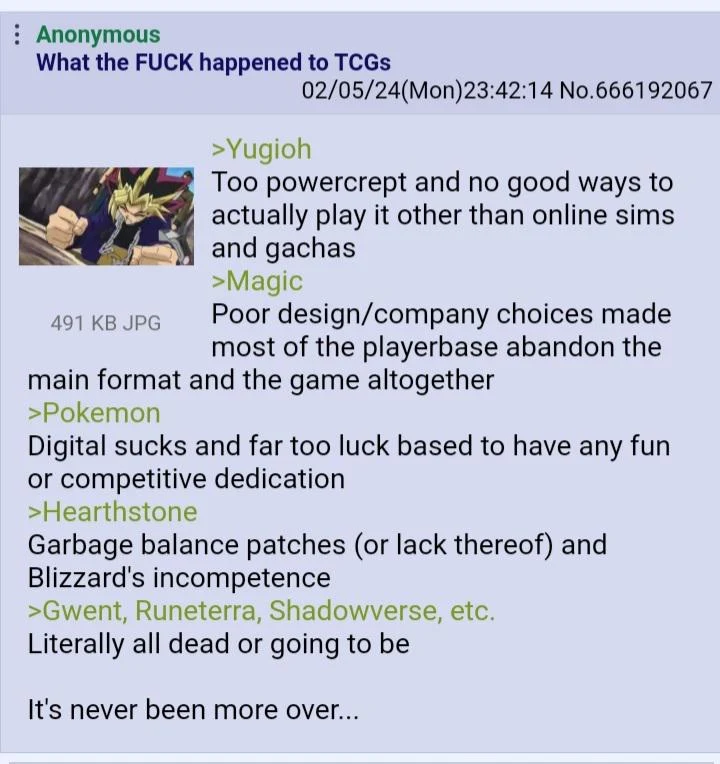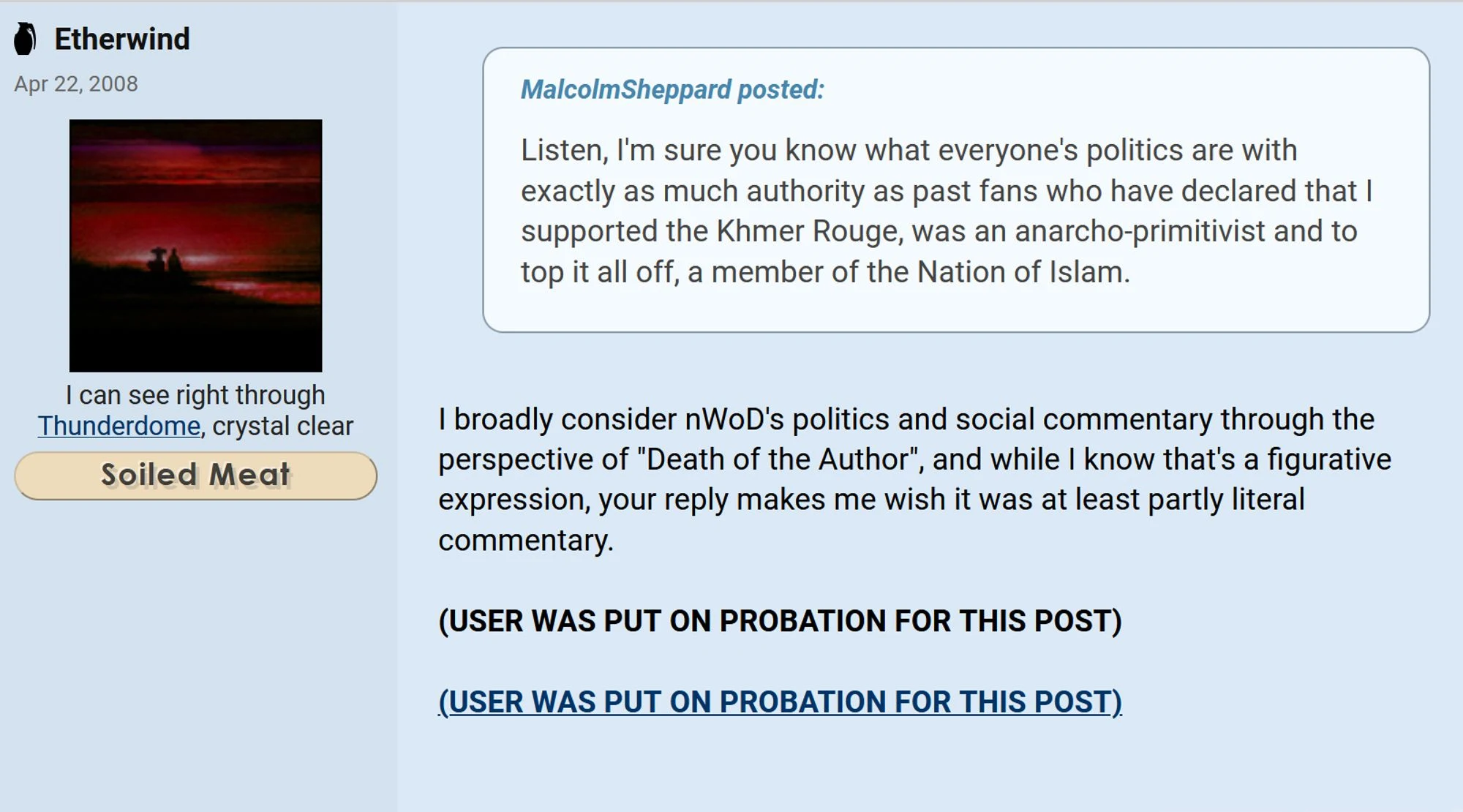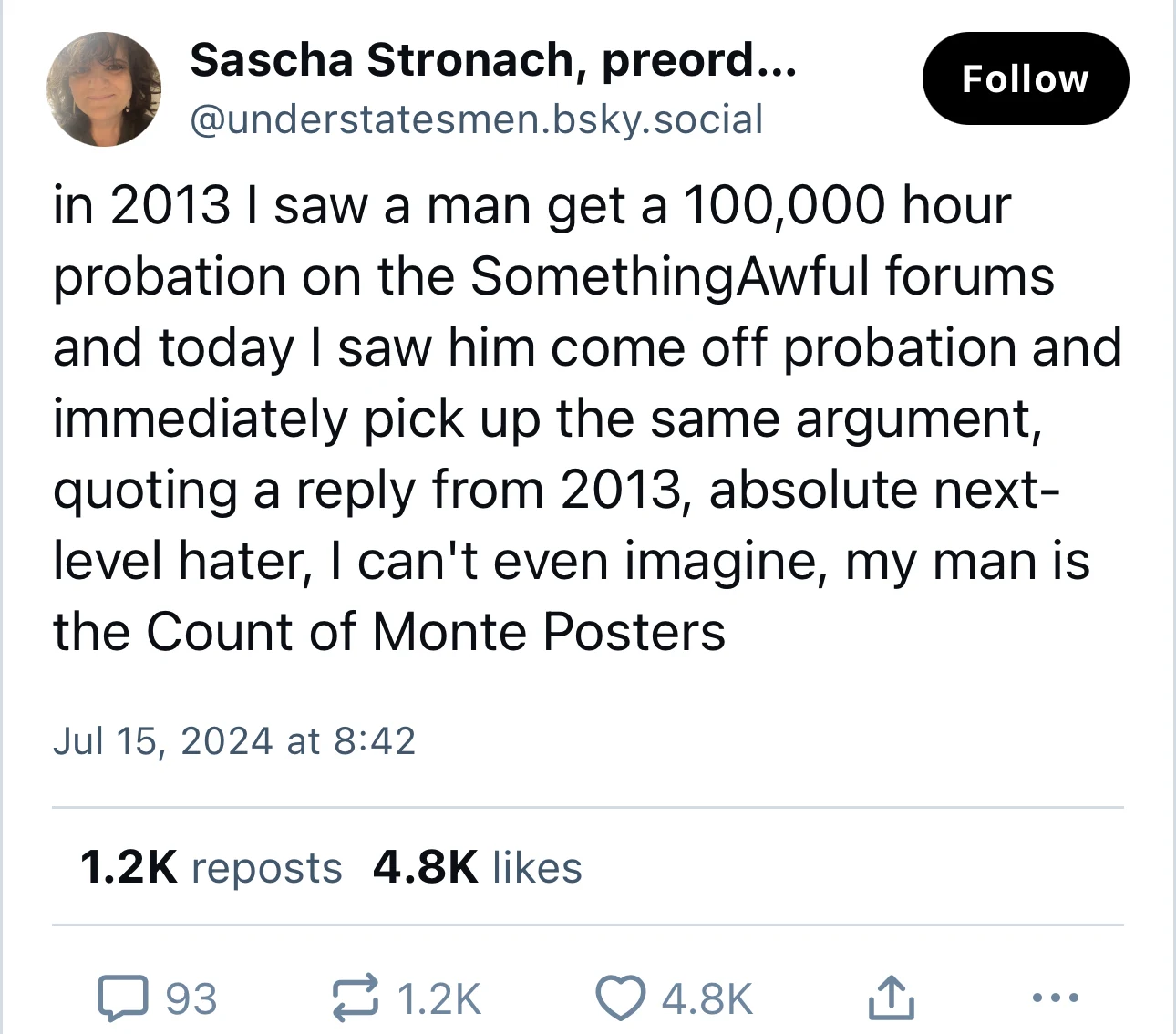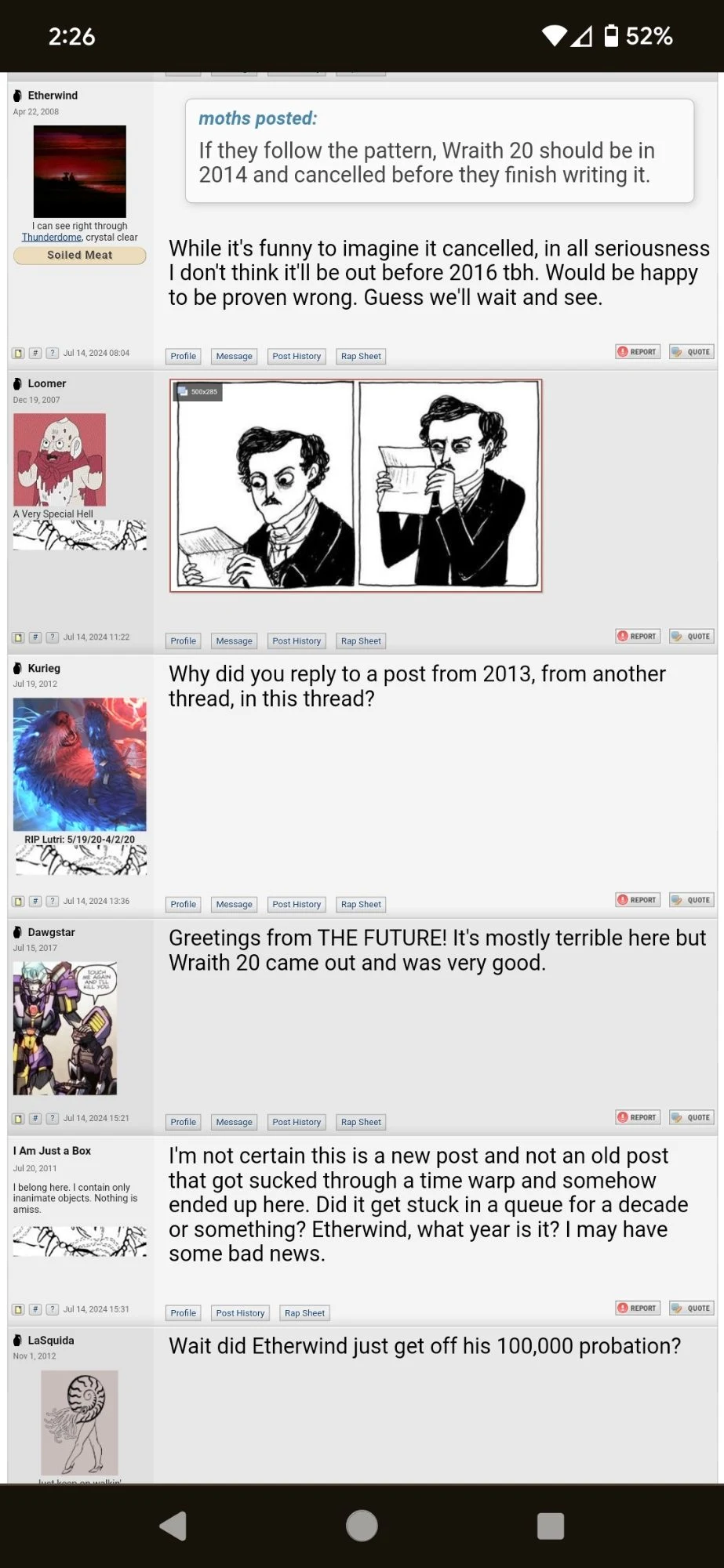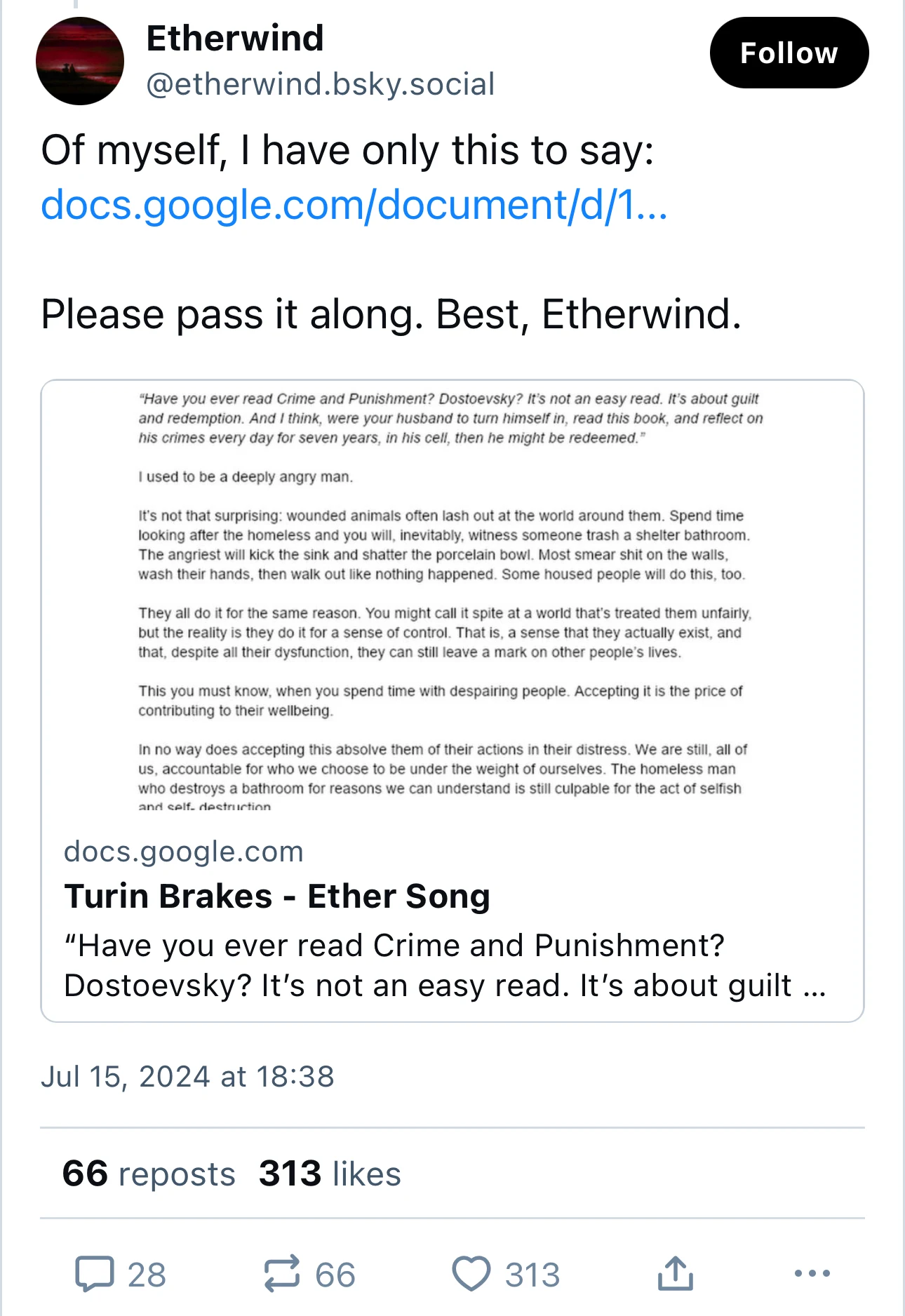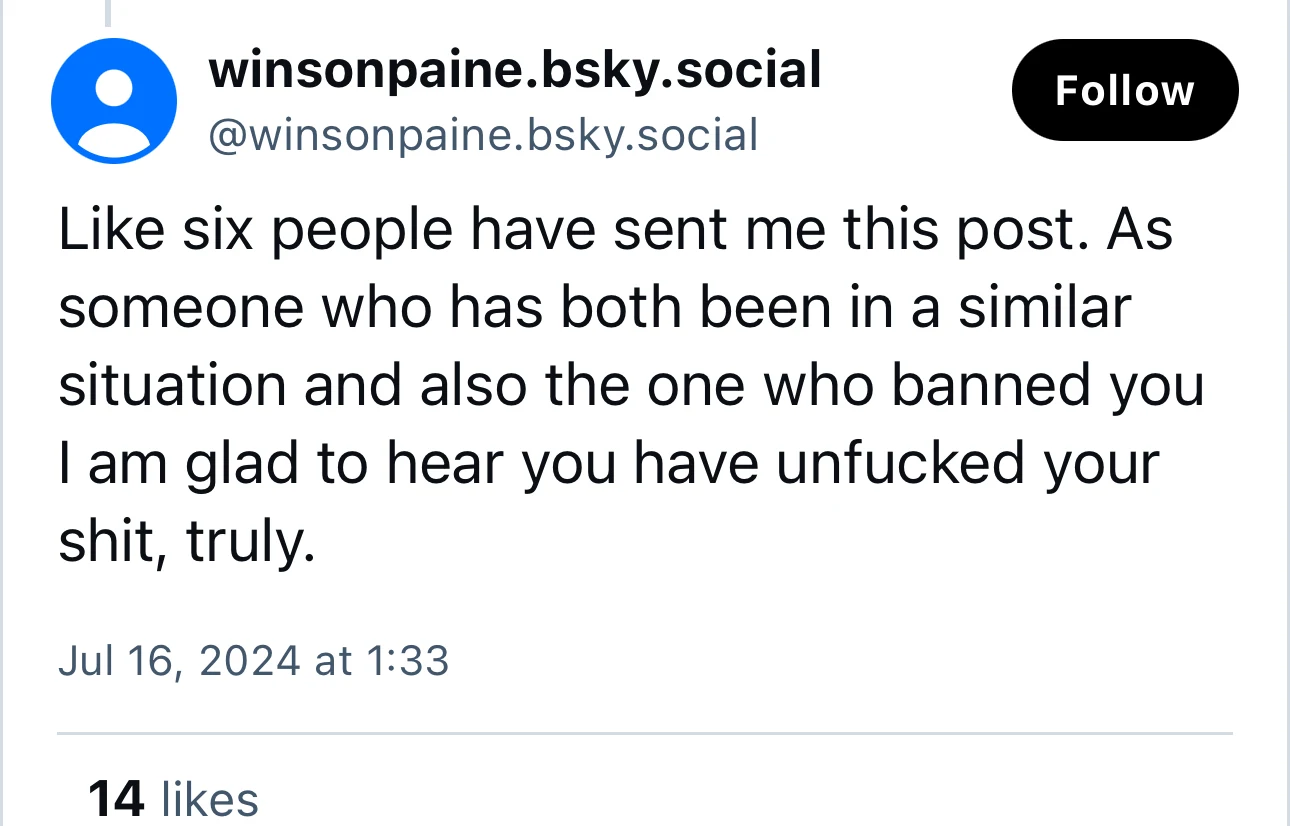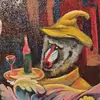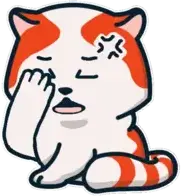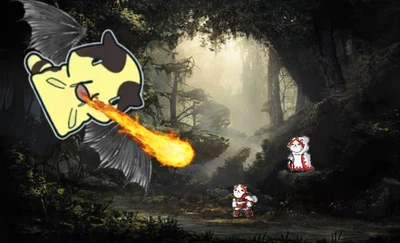- 7
- 29
- 46
- 52
traditionalgames since the werewolf is from the Get of Fenris and the vampire girl is a Gangrel and also I want normies to be able to comment
- whyareyou : he jes' like me!
- 35
- 55
JD Vance's wife, Usha Vance, has spoken about how her husband likes to spend his spare time – and according to her, he's into "dorky" card game Magic: The Gathering.
The topic was covered by Fox & Friends host Ainsley Earhardt, who interviewed Usha and her husband this week, and spoke about the revelations with her co-hosts.
When the topic of Vance's liking for the tabletop and digital collectable card game came up, Earhardt's co-host Steve Doocy said: "I want him to explain what the dorky habits he has are, did she explain?"
Earhardt replied by saying: "She hesitated. I asked: 'What are the dorky interests that he has?' And she hesitated and said: 'He's going to kill me for saying this, it's Magic: The Gathering, which was a card game. And some of the guys on set know about it. It's similar to Pokemon, that's so popular now. And his boys are into Pokemon."
It's not the first time that people have been made aware of his love of the game, after it was mentioned in Vance's memoir Hillbilly Elegy. In that book, he wrote: "I could never tell my dad that I played a nerdy collectible card game called Magic, because I feared he'd think the cards were satanic -- after all, kids at the church youth group often spoke of Magic and its evil influence on young Christians."
It comes after Vance made an awkward TikTok debut alongside Canadian YouTube collective, The Nelk Boys.
In the brief clip, Full Send Podcast host Kyle Forgeard offered Vance a box of seltzers.
"We wanna welcome you to TikTok, we have some gifts," he said, to which Vance thanked him.
Elsewhere on TikTok, Vance's previous comments about Trump have been made into a trending song. Vance previously called himself a "never Trump guy," adding that he's "never liked him."
- 7
- 20
- 25
- 33
Scientific American? 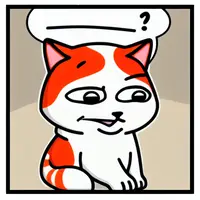
Dungeons & Dragons now reigns as a cultural powerhouse, the OG of tabletop role-playing. In its 50th anniversary year, the storied fantasy role-playing game is now making a long-overdue, and noteworthy, correction to its scientifically benighted treatment of race.
Attacked by religious figures for supposed demonic ties in the 1980s (part of a broader trend in that decade termed the "Satanic panic"), the game and its trappings now rule popular culture. You sit at a table with some pizza, dice and friends, and collectively engage with a story wherein you are a warrior or wizard out on a tale of heroism in a sword-and-sorcery world. What's new is that in September, the game's owner, Wizards of the Coast, will release a "Player's Handbook" that changes the terminology of its character's physiological types, previously referred to as races, and replace them with the term species.
Announced in 2022, the company's action was motivated by a view that species is "a term that didn't require explanation and that highlighted the fantastical nature of the game's nonhuman options," according to Jeremy Crawford, game director of Dungeons & Dragons.
Wizards of the Coast should be congratulated for the move, both for the company's stated reasons and, scientifically, as a correction from the long-running error of describing species as races. Kids playing a fun game will no longer pick up a botched, eugenical notion of race alongside their 20-sided dice.
Some players welcomed the change and the rationale behind the shift to species. However, others felt insulted, arguing Wizards of the Coast was giving into a "woke" mentality, fearful of invoking the word race. Still others appreciated the move but felt it didn't go far enough. They recommended the removal of other material that could be deemed offensive. This last group is highly critical of the biological essentialism, parroting scientific and evolutionary language to explain marked social and cultural differences between groups, that comes with the use of terms like race to distinguish between humans and others like elves, dwarves and orcs, particularly because of stereotyped real-world associations made at times to these fantasy species.
As a social scientist who studies male-dominated subcultures, I have done research that put me in spaces where I delved into reactions to issues of race in gaming. A key question is this: Given how charged the term race has been, why would games use it to discuss differences that have nothing to do with the way we traditionally use the word? Dungeons & Dragons is not the only game to use the term in this way; so have many other digital and analog fantasy offerings. But the celebrated game, created by Gary Gygax and Dave Arneson in 1973, arguably set the standard that these others have followed. Gygax and Arneson leaned heavily on popular fiction and folklore to construct their game world, and links to fantasy author J.R.R. Tolkien's works, which were first penned in an age of colonial racism, are undeniable. In his Lord of the Rings trilogy, Tolkien commonly used the word race to characterize differences among humans, elves, hobbits—all of the societies that populated his novels. Because this was familiar territory for so-called sword-and-sorcery fans, the creators of Dungeons & Dragons simply co-opted it, as it would create a recognizable point of reference for potential g*mers.
So biological essentialism ran deep in the game. In its earliest versions, the authors distinguished between humans and other groups, collectively called "demihumans." Notably, players who chose to be dwarves, elves, halflings or other demihumans had limits that humans did not have. They were lesser beings. They could only have certain professions in the game (referred to as classes), could only progress so far, and had built-in limitations (for example, sturdy but somewhat slow and dour dwarves had constitution advantages, but limits on their dexterity and charisma). Further, all demihumans had some form of seeing in the dark, which marked them as something in between humans and animals.
The most often cited element of biological determinism in the early game, however, was a table created in the first edition of the Advanced Dungeons & Dragons game that dictated which demihuman cultures would get along easily or have a natural dislike. Elves and dwarves had antipathy, by fiat. Neither liked half-orcs. And gnomes for some reason only tolerated half-elves.
This was often discussed in the same breath of "evil races," as different species were assigned an overall cultural moral stance, with some—such as orcs—deemed inherently evil. Particularly since the influx of new fans with the fourth edition of Dungeons & Dragons, these ideas were roundly criticized by scholars and others as reinforcing a sense of "nature not nurture" in terms of racism, discrimination and morality, echoing human genetics' origins in white supremacy, marking some groups as inherently "bad." Scholars such as Benjamin Carpenter of the University of East Anglia have noted that the races labeled as "evil" had analogues that were sometimes associated with real-world racial and ethnic minority groups, essentially smuggling old prejudices and stereotypes through a game.
Throughout the years, different editions of Dungeons & Dragons have reconsidered some of these components of essentialism. Level limitations for different racial groups were removed along with gaming stat limitations on nonhuman species, providing different systems to explain their advantages and disadvantages. Wizards of the Coast has reworked the game's system of morality, called alignment, in recent editions, and eliminated the concept of evil races. The fifth edition and 2024 modification reintroduced species like orcs and dark elves in a manner that pushes back on their historical characterizations as evil cultures and inherently "bad" species. Social media voices, such as the Slovenly Trulls podcast, are discussing other game components that might need to be reconsidered, like misogyny and discrimination.
However, as someone who studies social structure, I can say that, in the gaming world, all this is a first step in a marathon. Significant numbers of role-playing game systems persist with race to distinguish between "humans" and "others." Some g*mers still loudly protest any change and continue to use race as it was in the past.
Nostalgia and persistence are powerful; they both have a hand in the continued success of Dungeons & Dragons. But they also hamper the possibility of change, even for the right reasons. Sometimes even fantasy games should look to a brighter future, rather than a glittering past.
- 11
- 40
Isn't this s**t ticklish? Idiot virgin speaking here but ain't no way this is actually pleasurable, p0rn has simply destroyed people's brains into thinking this feels good. https://t.co/cGliiW57bL
— ChaoticMeatball (@ChaoticMeatball) July 31, 2024
We don't need Guantanamo anymore; Twitter does its job without the inhumane torture.
Even the OP of the thread has to step in and say "bro, please take this down"
https://x.com/MBTYuGiOh/status/1818791138935161220
Context: MBT is a painfully white Yugioh youtuber and has the straightest relationship ever known to man, but still acts bisexual for the camera for clout. Good guy though, I like his videos.
- 26
- 34
Nothing says feminine activity like painting ork commandos.
- 26
- 39
Here's a character generator for it to mess around with, its also the linked thing in the post
https://suptg.thisisnotatrueending.com/maidrpg.html
Here's the site
https://www.maidrpg.com/order.shtml
And I learned about this gem from some video this guy made
I decided it'd be a bit fun so I rolled a maid
My maid is a boozer druggie 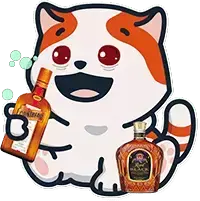 lucky dwarfmaxxer running around with a halberd
lucky dwarfmaxxer running around with a halberd 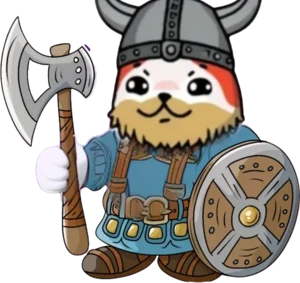
technically this was incorrect since all that stuff like hair is random so I set it properly then thought it'd be funny to see what kind of maids other users would be.
a greedy hacker with typical anime looks running around with a gun who just ended up a maid somehow.
And here's Aevann too
who rocks a fitting pride maid getup and speaks like an Egyptian, throwing random religious symbols at anybody he's fighting. I guess it works if he's muslim since it's just a knife.
And whenever he gets a bit too angry he runs off and cries
- 16
- 19
If your players aren't scared of deep ones you aren't running this right. Deep ones aren't dumb animals or savage brutes. They're intelligent and have access to sorceries and sciences that humans can only dream of. They're also an ancient race on the verge of extinction and getting desperate. One scenario I'm going to run for Call of Cthulhu is what I call the Clinic of the Drowned. The players were terminally ill patients in the postwar 1940s who're receiving miraculous treatment at the Marsh Memorial clinic. Tumors disappear, neural degeneration reverses itself, and decayed flesh springs back to life and health. The strange bug-eyed doctors are insistent on everyone talking their pills, however. Patients who leave always seem troubled as if they've been told a horrible truth, and a few have needed to be institutionalized. If the players break into the mental ward they discover a perfectly ordinary mental hospital. Better actually. This place has won awards for patient care. There isn't anything strange going on in the mental ward.
When the players get into the basement what they discover is a massive tank of fish flesh tended by strange fishman scientists. After they've been restrained and stopped screaming a deep one with gold-rimmed coral encrusted spectacles explains that they've been implanted with healthy regenerative cell culture harvested from Dagon's bone marrow. The pills are to prevent their full transformation and will be cut off if they tell anyone about this. As for why they're doing this "Humans fear death more than anything. As the years pass you will voluntarily forsake the weakness of prairie ape meat for the eternal strength and youth of the Ocean folk's flesh. The final pill bottle will sit unopened and you will join us beneath the waves to dance in splendour and joy forevermore. Our race will rise again, and the towers of Ghudigbx will above the ocean and make the cities of New Yahk and San France-Sisko seem as the mud huts of the Etruscans."
- 11
- 29
- 19
- 10
Anon pretty much says it all about the big 3 at least.
Yugioh: I still play yugioh with my buddies from college from time to time. None of us play meta decks and sometimes we get 3-4 of us playing at the same time commander style. Speaking of…
MTG: I've been playing commander for some time ever since a friend ordered me a commander Precon. In my opinion, this is the most fun casual card game around. I still wouldn't be caught dead playing with sweaty randoms at an LGS, though.
Flesh and Blood: This is probably the most fun and most competitive card game I've ever played. The 1v1 format can't be beat in terms of balance. Because each card has attack value, resource value and block value, you never have an unplayable hand. That partnered with the fact you draw up to 4 cards in hand at the end of each of your turns means you're never truly out of the game and almost no games become an absolute steam roll.
- 24
- 44
idk some nerds on something 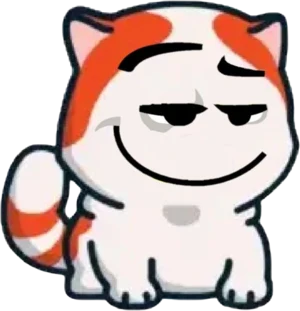 awful
awful  did some shit about a tabletop rpg or something
did some shit about a tabletop rpg or something  (the game is called n-word I think). He got banned
(the game is called n-word I think). He got banned  in 2008:
in 2008:
Here's the initial gag:
He then issues a statement about how shitposting is like a person 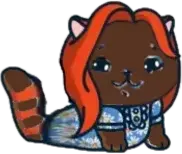 experiencing homelessness
experiencing homelessness  wrecking a bathroom:
wrecking a bathroom:
Dude seems to be quite the nerd, ends with this:
Since this is now making the news: I do not grant permission for the above copyrighted work to be reproduced. Just because it's online
doesn't mean it's free to use.
However, in exchange for an agreed donation to a homelessness charity, I'll grant limited usage rights. Contact me to arrange
I will honour this disclaimer (but note he's soliciting emails 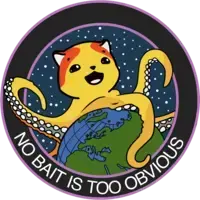 ). The google
). The google  doc is linked so just click through.
doc is linked so just click through.
Also I think 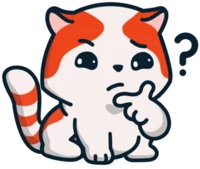 the janny appeared from their cave:
the janny appeared from their cave:
- 11
- 13
There's no reason to fear a typical deep one. The worst depiction of deep ones is as stupid animal male feminists in neonomicon. That's not what they're like at all. The average deep One is smarter than a human, but is a harmless eccentric who wants to pursue his or her studies and craft in peace. He also has been doing this long enough that the average deep one sculptor makes Michaelangelo seem like a talented amateur who might amount to something in a couple of centuries of apprenticeship.
That's not who's going to be chasing you around a lighthouse, however. The Deep ones are a race on the verge of extinction and, to some, this is intolerable. There aren't deep one nations anymore, but only isolated city-states. Outbreeding with unrelated species, such as humans, sharks, and whales, is just a desperate attempt to stave off the inevitable end. This doesn't bother the typical deep one because they're immortal and so they don't see what all the fuss about since most of their ancestors eight generations back are still alive and fine, but certain fanatics see the passing of the great race and will do anything to bring about it's return or drag humanity down with them.
A deep one isn't the creature from the black lagoon: it's the creature from the black lagoon as a dangerous psychic sorcerer-scientist with a chip on their shoulder and a well-deserved sense of racial superiority over the stupid prairie apes, a biongeneered body far superior to a human, and all the bitterness of a fallen empire, a decayed and degenerate culture, and a species nearing extinction.
In a straight-up fight a human with a gun can kill an unarmed deep one fairly easily, but that's why they never engage in a straight-up fight. They're smarter than the players and respect humans just enough to make their hatred personal.
Also they know a method for drowning a human that takes nine agonizing hours.
- 2
- 9
He has cancer and it took a turn for the worse so they're naming the player of the year trophy after him :(
- 5
- 22









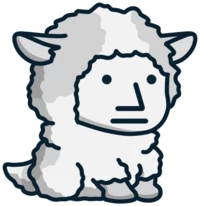

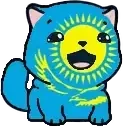


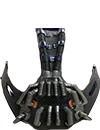

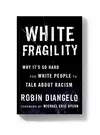
 Diversity Is Our Strength
Diversity Is Our Strength 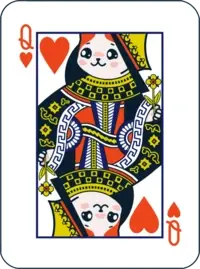


.webp?h=11)








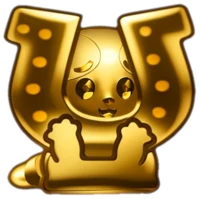
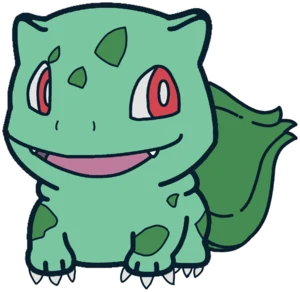 somehow out-virgins a Yu-Gi-Oh! player
somehow out-virgins a Yu-Gi-Oh! player  by freely admitting to all of Twitter he's never felt the DSL of a woman.
by freely admitting to all of Twitter he's never felt the DSL of a woman. 


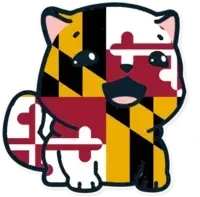




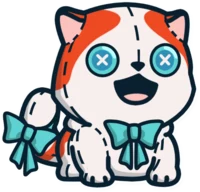
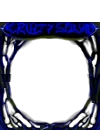
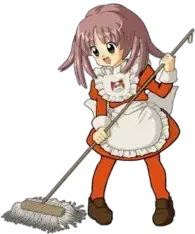 The maid role playing game: Come roll your own maid version of yourself too!
The maid role playing game: Come roll your own maid version of yourself too! 
